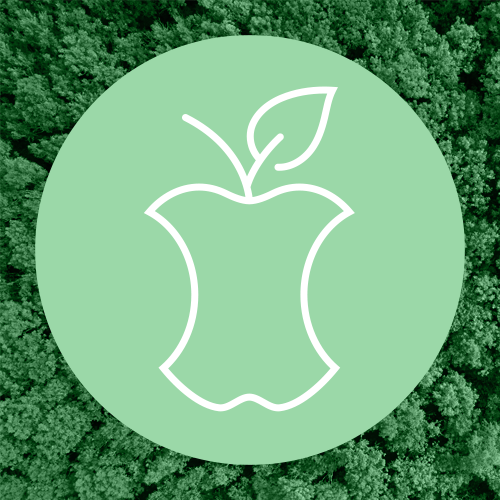Our members are making progress across each of the pillars. Find out how our members are building sustainable initiatives into their organisations.
 |
Britvic delivering clean energy for factories 75% of the grid electricity used to manufacture Britvic's soft drinks in Great Britain, including brands like Fruit Shoot and Tango, is coming from a 160-acre solar farm in Northamptonshire. This solar farm, which provides clean energy to Britvic’s factories in Rugby, London, and Leeds, will produce 3.1 Gigawatts of power annually, enough to power 11,500 homes, and is expected to reduce carbon dioxide from the supply chain by 1,113 tonnes each year. The initiative supports Britvic’s commitment to achieve net-zero carbon emissions by 2050, with plans to explore onsite generation in the near future. |
 |
Suntory Beverage & Food GB&I dedicating 260 hectares to nature |
 |
Nestlé building transparent and Sustainable supply chains From June 2024, all cocoa mass used in Nestlé Confectionery products KitKat products manufactured in the UK, including KitKat, Aero and Yorkie, has been fully traceable back to the group of farmers who grew it. This is another step in Nestlé’s efforts to build transparency and sustainable supply chains and guarantees that the cocoa mass used in their products is coming from a group of cocoa farming families engaged in the Nestlé Income Accelerator Programme (IAP). The cocoa mass sourced from the Income Accelerator Programme adheres to one of the highest standards, ensuring "mixed identity preserved" traceability, enabling cocoa to be traced and stored separately. The IAP helps cocoa farming families to achieve a living income by incentivising and supporting them to build resilience – for themselves, their communities and resilience to the impacts of climate change. In addition, Nestlé uses segregated cocoa butter certified by Rainforest Alliance in its UK Confectionery products which guarantees the physical separation of its cocoa from conventional cocoa throughout the supply chain. . |
 |
Danone working with WRAP & Too Good to Go to reduce food waste |
 |
Mondelez removes hundreds of tonnes of virgin plastic from packaging |
